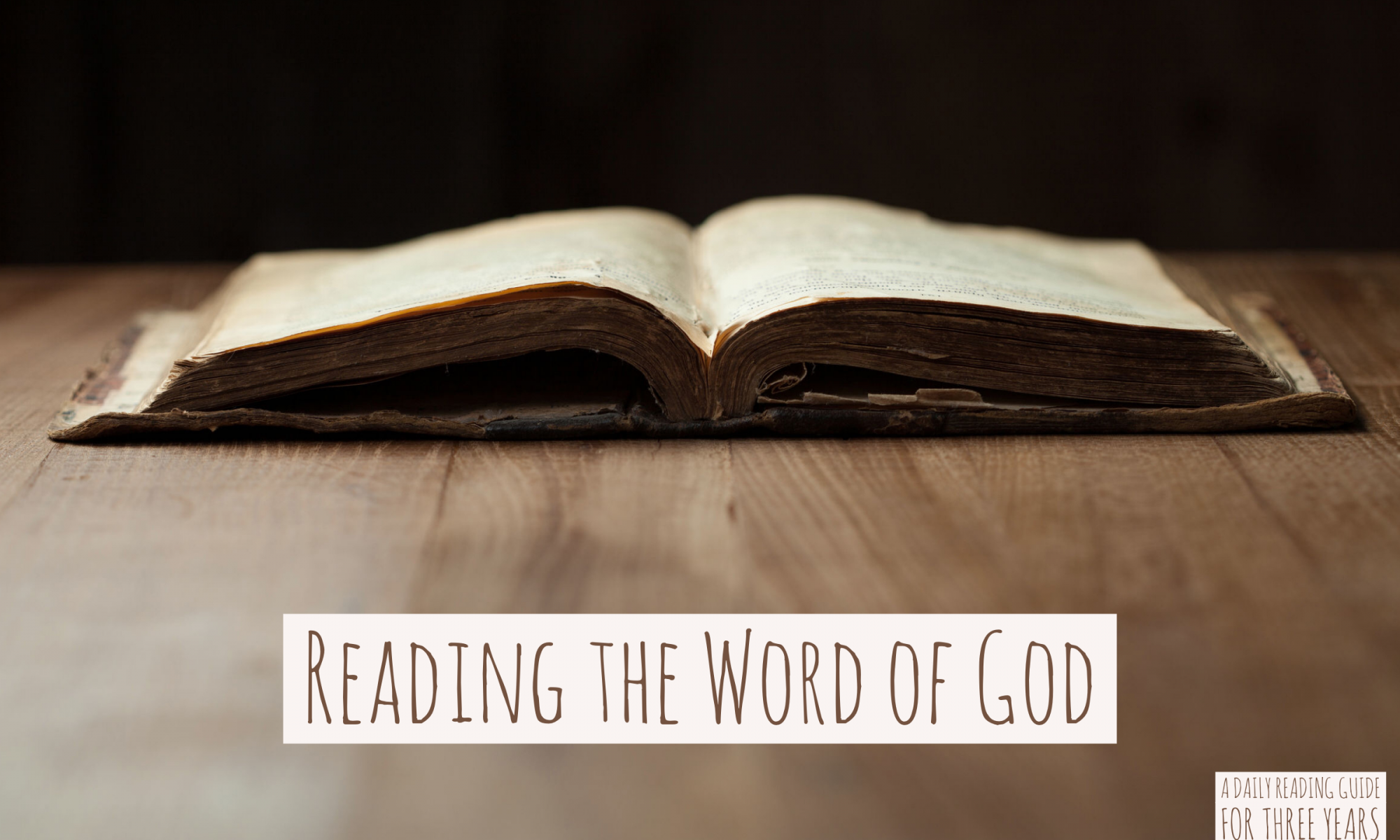It was not only in connection with the Sacrament that Scripture was for Luther the absolute and uncorrupted authority. Throughout the following years he held to the same view. We shall cite a few examples … .
In the exposition of the Second Epistle of St. Peter, of the same year [1524], is the statement: “Says Peter, what has been written and proclaimed in the Prophets has not been imagined nor invented by men, but holy and devout men have spoken it through the Holy Ghost.”
Between 1524 and 1526 Luther held his Praelectiones in prophetas minors. In these, in the exposition of Joel, he says: “ The prophets do not state what they imagined and thought good but what they had heard from God himself and what He, who had created all things, disclosed to them either through dreams or vision; this they reveal and display to us. Consequently they are true hearers
of God’s Word, for the eternal, almighty God, the Spirit of God governs their hearts and tongues.”
In the year 1526, commenting on Jeremiah 23, Luther wrote, “God’s Word is not for jesting. If you are not able to understand it, take off your hat before it.”
In his Declamationes in Genesin, of 1527, he emphasizes again and again: Even if we do not grasp the reason for what is written we honor the Holy Ghost and trust that he knows better.
Between 1530 and 1533 Luther preached on week- days on John 6 to 8. Here he repeatedly emphasized the thought that the Word of God is the touchstone (Prüfstein, Streichstein), the rule and plumbline, that tells us what should be preached and whether it is in agreement with God’s will and revelation. …
In Praelectio in Psalmum 45, of 1532, he asks, If one could attain to these [divine] things by his reason and senses, what need would there be for faith, what need for a Scripture that is given us from above through the Holy Ghost? … “In theology only one thing is necessary: that we hear and believe and conclude in our heart: God is truthful, however absurd what He says in his Word may seem to our reason.” (33–34)
*For additional information, source material, and details, please visit: Reading the Word of God – Introduction



